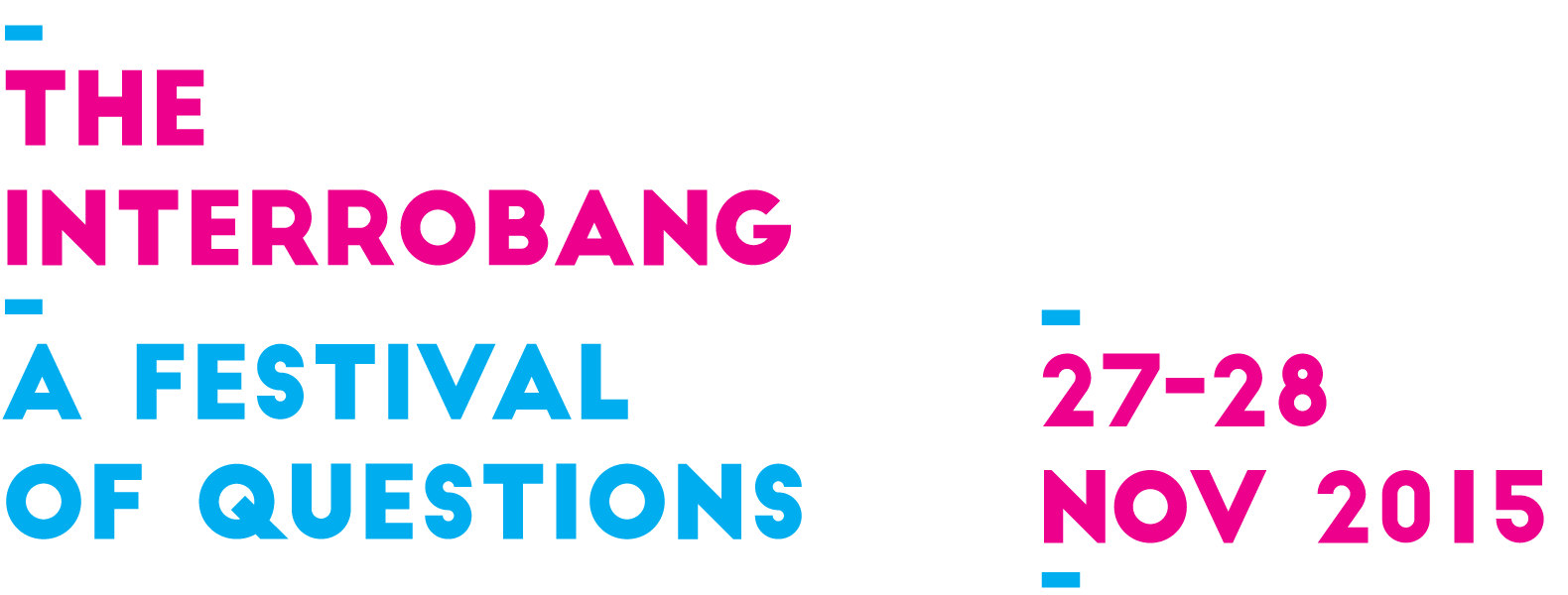The tragic picture of the drowned Syrian toddler, or Kevin Carter’s picture of the starving Sudanese child with a vulture waiting to pounce, lead to compassionate letters about how we deal with the aftermath of the world’s tragedies. But where are the ideas for how we stop these tragedies at their source?
Can you tell us how we, the people, convince the United nations to act as a genuine force for good in the world by bringing together the might of the world’s most powerful nations to rectify, at its source, the trauma these individuals are enduring? Or can you suggest other ways we can act? I’m asking this question out of sheer frustration that we can do nothing more than be compassionate to the world’s victims AFTER the event. People power has achieved results before, so perhaps those caring people can do more now – but how?
